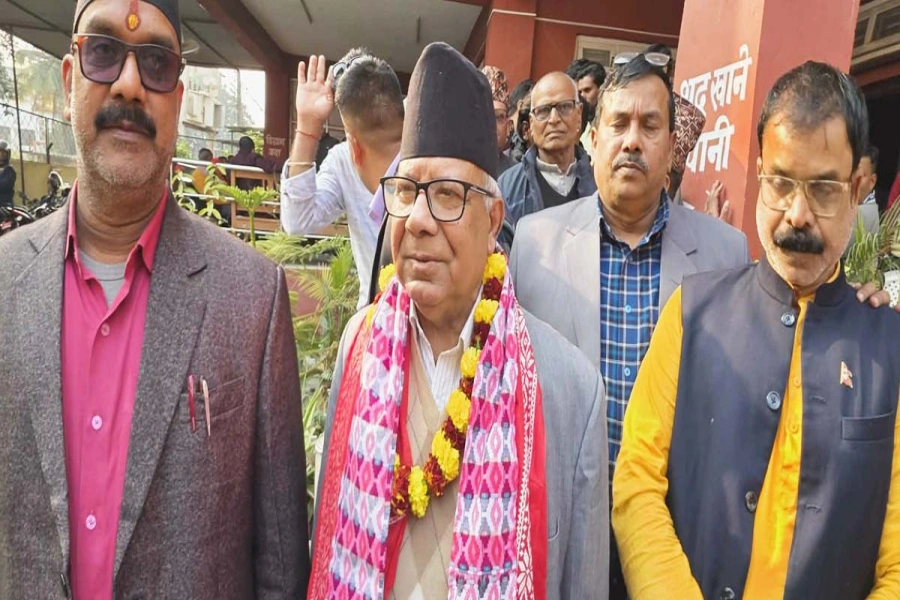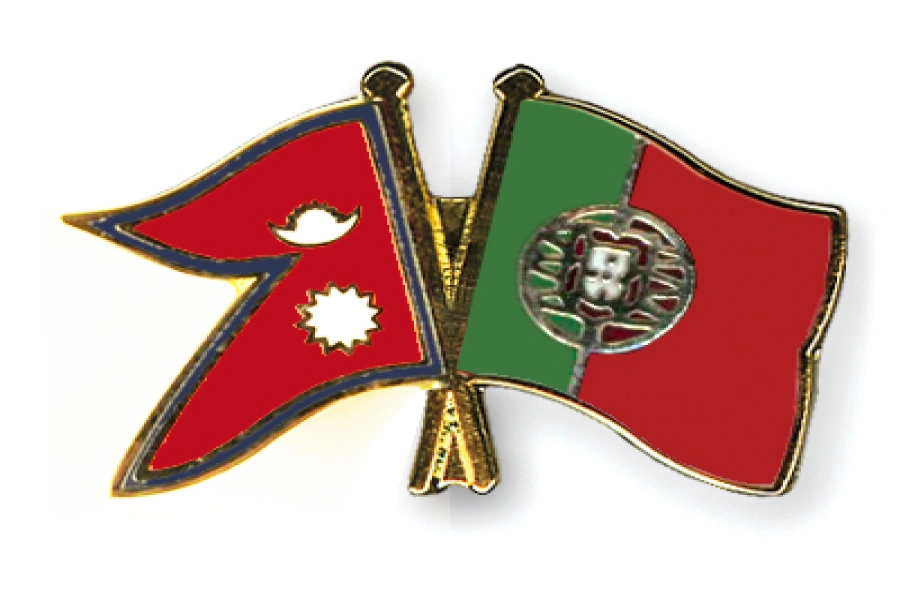KATHMANDU, August 2: Marking the ‘World Breastfeeding Week’, UNICEF and the WHO have maintained that breastfeeding is the key to eliminate malnutrition among young children.
In a joint statement released on Monday, the two UN agencies pointed out the need to prioritize the year’s breastfeeding as planned at the start of the year.
At the start of the year, the government, donors, civil society and private sectors had united to launch the Nutrition for Growth Year of Action, stating that the Year of Action is a historic opportunity to transform the way the world tackles the global commitment to eliminate child malnutrition.
Prioritise Early Breastfeeding Support

According to the two organizations, breastfeeding is central to realizing this commitment. Releasing the joint statement, the UN agencies highlighted the importance of breastfeeding and the impacts of COVID-19 in accelerating the risk of malnutrition among children.
The statement highlighted the importance of breastfeeding within the first hour of the baby’s birth, followed by exclusive breastfeeding for six months and continued breastfeeding for up to two years or beyond for a powerful line of defense against all forms of child malnutrition, including wasting and obesity.
The joint statement maintained that breastfeeding acts as a babies first vaccine which protects them against many common childhood illnesses, Although there has been progress in breastfeeding rates in the past four decades, the COVID-19 pandemic has challenged the gains made in these fronts.
In many countries, the pandemic has caused significant disruptions in breastfeeding support services, while increasing the risk of food insecurity and malnutrition. Several countries have reported that producers of baby foods have compounded these risks by invoking unfounded fears that breastfeeding can transmit COVID-19 and marketing their products as a safer alternative to breastfeeding.
“This year’s World Breastfeeding Week, under its theme ‘Protect Breastfeeding: A Shared Responsibility’ is a time to revisit the commitments made at the start of this year by prioritizing breastfeeding-friendly environments for mothers and babies,” they said in the statement.







































